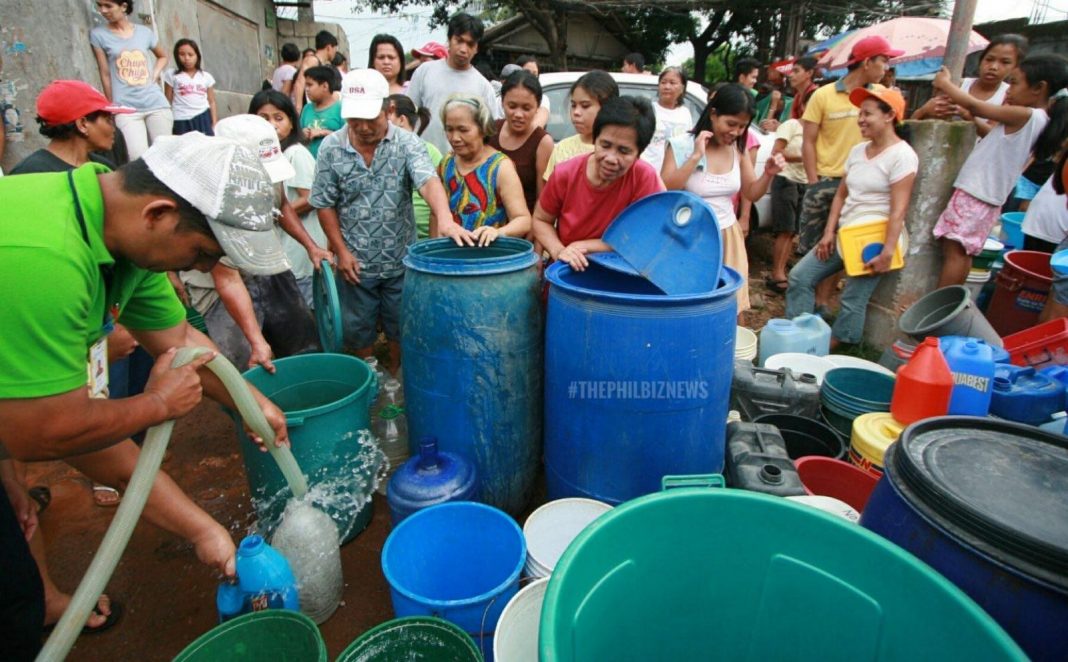By THEPHILBIZNEWS STAFF
The Philippines faces significant challenges in terms of water with the growing population and rapid urbanization. The overpopulated cities struggle to provide new residents with adequate water and the call from the expert for the government of the Philippines to develop a road map to achieve universal water sufficiency for Filipino people and residents of the Philippines.
Since 2007, the country has been under water stress with current water availability ranging between 1,000 to 1,700 cubic meters per capita, according to the National Water Resource Board (NWRB). At a recent Philippine Institute for Development Studies (PIDS) forum hosted on the Socioeconomic Research Portal of the Philippines (SERP-P), one of the presenters highlighted this critical issue and urged immediate reforms to the country’s water laws.
NWRB Water Rights Division Litigation and Adjudication Head Atty. Rebyanne Giselle Diaz emphasized the need to reexamine how water is allocated. She believes that the current legal frameworks of the Philippines and water allocation systems may not be sufficient to cope with the increasing scarcity of water and the changing patterns of water use.
“If the trajectory we want is to be able to do more with less, the law should support that effort and not directly oppose it,” Diaz said. She emphasized that the law needs to be more adaptable to meet changing needs, especially in light of the projected decline in per capita water availability.
The presentation reviewed the historical context of Philippine water laws, pointing out significant developments from the Spanish era to the present. Diaz criticized the current system’s focus on “beneficial use” and the “prior appropriator rule”, which may inadvertently incentivize water waste. Beneficial use was introduced due to the fear of monopolization by large entities of water resources. She explained that as a natural monopoly, water supply is regulated by the principle of “beneficial use” to manage resource appropriation, while the “prior appropriator rule” allocates surface and groundwater rights based on seniority.
Diaz argues that this legal system discourages water conservation by requiring appropriators to consume their whole allocation or risk losing their water rights. This not only discourages effective water usage but also limits innovation in water management approaches.
To address these challenges, Diaz proposed several reforms, including requiring water conservation and efficiency programs as conditions for water permits. She believes that this will advocate for the expanding definition of appropriation to include conservation initiatives, aligning legal incentives with the goal of sustainable water management.
“Let us look at what we can do on the regulatory side and within our current legal framework to encourage the conservation of water,” Diaz said. She emphasized that addressing the disincentives created by the “beneficial use” and the “prior appropriator rule” is just one step towards modernizing the water allocation system to better address the country’s changing needs.
However, she highlighted that legal reforms alone are not enough. “A more proactive agency mandate will enable a more dynamic exercise of state ownership over all water resources,” Diaz added. – Philippine Institute for Development Studies (PIDS).














